
Patients with Huntington disease who received antihypertensive medication had slower disease progression less cognitive impairment compared with patients with untreated hypertension.

Patients with Huntington disease who received antihypertensive medication had slower disease progression less cognitive impairment compared with patients with untreated hypertension.
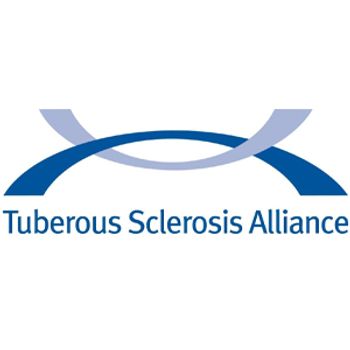
The Tuberous Sclerosis Alliance has announced updates to access of everolimus, a drug used to treat several conditions associated with tuberous sclerosis complex.
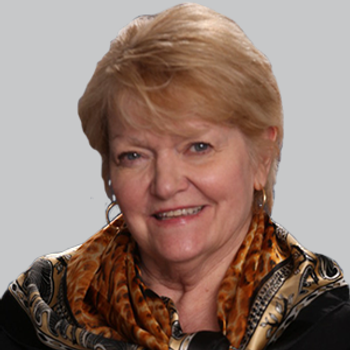
The vice president of Medical Affairs at Adamas Pharmaceuticals discussed the context of these results and what the clinical community should take away from the data from the EASE LID 2 trial of amantadine (Gocovri).
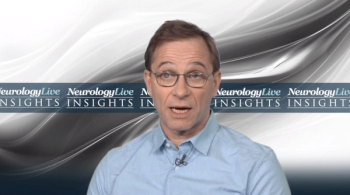
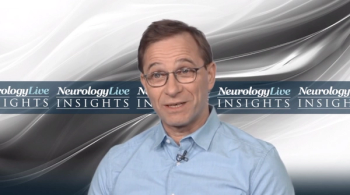

The DWI-based hierarchic algorithm predicted the risk of disability at 3 months for up to 100% of patients with a high predictive value.
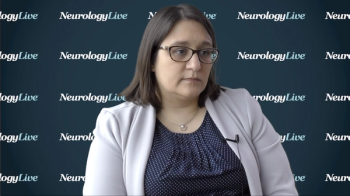
The associate professor of neurology and director of the Women With Epilepsy Program at Northwestern University Feinberg School of Medicine spoke about the evolving landscape of the use of genetic tools in epilepsy.

This novel trial’s positive outcome suggests that a multidisciplinary outpatient model is possible to integrate into care beyond just those who are most vulnerable in institutional care.
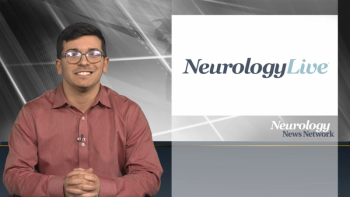
Neurology News Network for the week ending February 15, 2020.

Take 5 minutes to catch up on NeurologyLive's highlights from the week ending February 14, 2020.
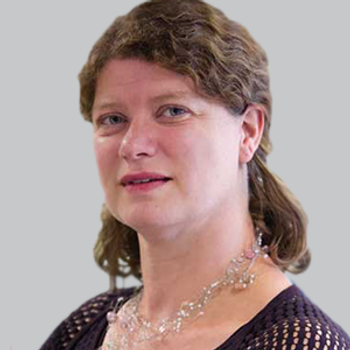
Neurofilament light chain has emerged as a biomarker with utility across the breadth of neurology, but just how much can it actually help?
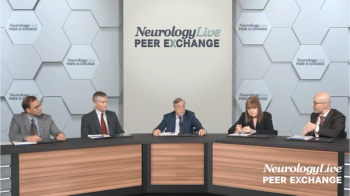
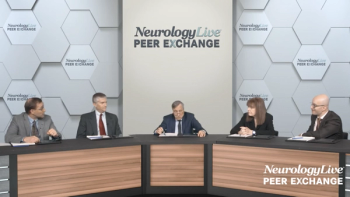
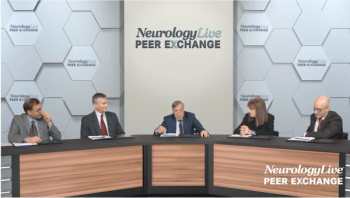
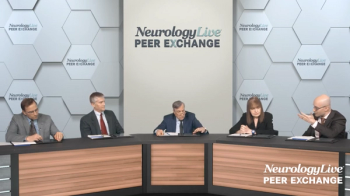
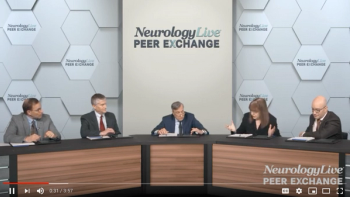
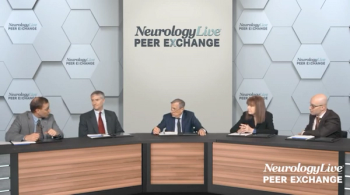
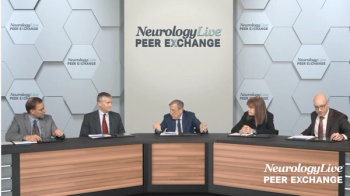
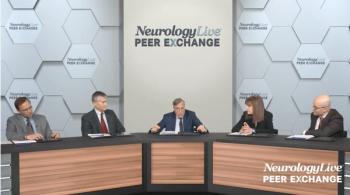
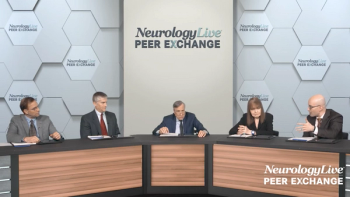
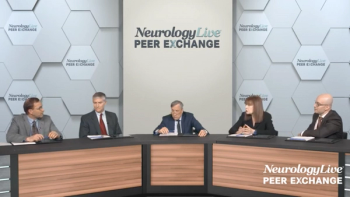
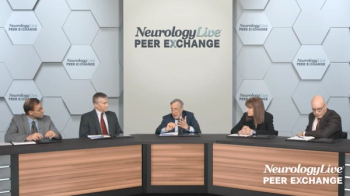
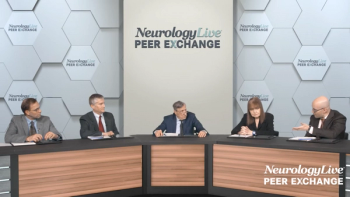
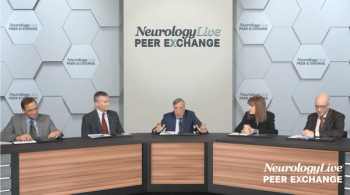
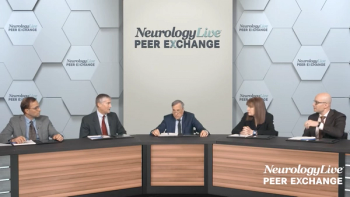
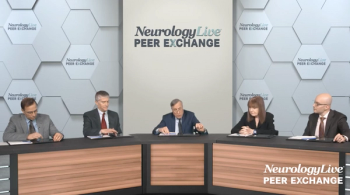
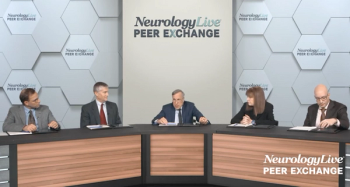

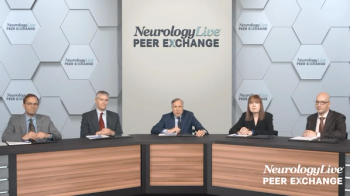

The Nippon Shinyaku investigational DMD agent has a Prescription Drug User Fee Act date within the third quarter of 2020.